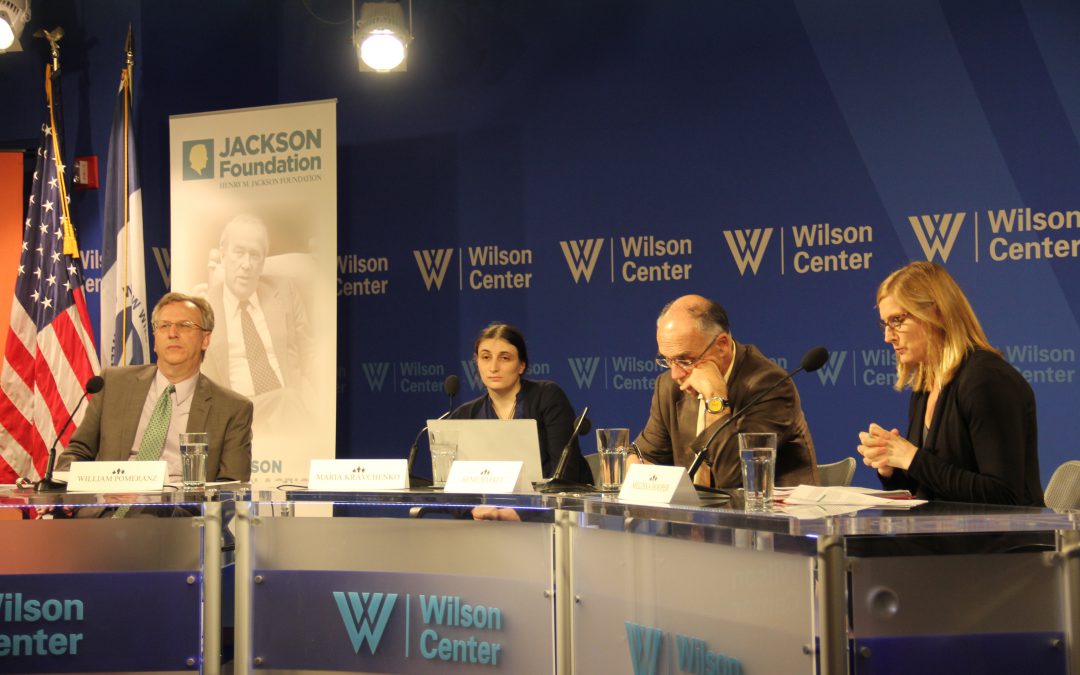WASHINGTON – Is it a “migrant problem,” or a “nationalism problem?” That was the question posed Monday at a conference on national security and civil liberties at the Wilson Center.
With the recent flow of immigrants from the Middle East, many countries have struggled to strike a balance between refugee civil liberties and national security. A Bloomberg Politics poll found 53 percent of Americans don’t want to accept any more Syrian refugees, while a Pew Research survey shows an increase of unfavorable attitudes towards Muslims and refugees as Europeans fear the possibilities of terrorism and economic repercussions.
But Melissa Hooper, director of Human Rights and Civil Society at Human Rights First, a non-profit advocacy group, said the problem is not the migrants themselves, but rather the fear-driven reaction to immigrants.
The idea that refugees are terrorists leads to the question of whether the government can protect people, Hooper told a conference entitled, “Protecting Civil Liberties and the Rule of Law in the Age of Terrorism.”
“There’s also the sentiment that foreign ideas and ways will dilute our liberalism and culture,” Hooper said. “Nationalism is inhibiting a climate for international discourse for commonalities of standards. It’s essentially an inward looking kind of politics that seems to erode civil liberties.”
Hungary, for instance, has taken drastic measures to control immigration, which isn’t much of a surprise considering 82 percent of Hungarians believe refugees will take jobs and social benefits, while 76 percent think refugees will increase the likelihood of terrorism within the country, according to Pew.
In the summer of 2015, Hungary approved legislation so that a state of crisis could be declared as a consequence of mass migration. When the country declared a crisis in May, 14,000 refugees were left at the border, Hooper said. A razor-wire fence was also constructed along the border with Serbia last year, while a second fence is in the planning stages.
“They create transit zones around the fence and refugees aren’t entering Hungary, they’re entering the transit zone. We have to declare you legally,” Hooper said. “Anyone coming from safe countries of origin like Macedonia, Serbia, or Greece can be sent back. People are being prosecuted for their attempts to flee violence.”
Poland also passed a new anti-terror law last summer that gives law enforcement the ability to closely monitor foreign citizens without court approval, Hooper said.
Hooper, a lawyer who worked for the American Bar Association Rule of Law Initiative in Moscow, believes there are two ways to combat anti-migrant sentiment: short terms responses and long term solutions. Most countries, like Russia, Hungary and Poland, have reacted with short-term policies. She says the UN and the United States are finally focusing more on long-term solutions.
“There needs to be more of an international focus and discussion between countries,” she said.

